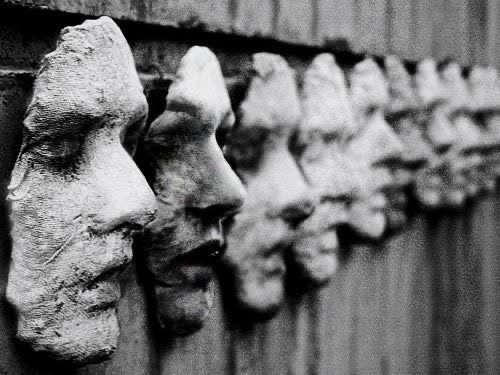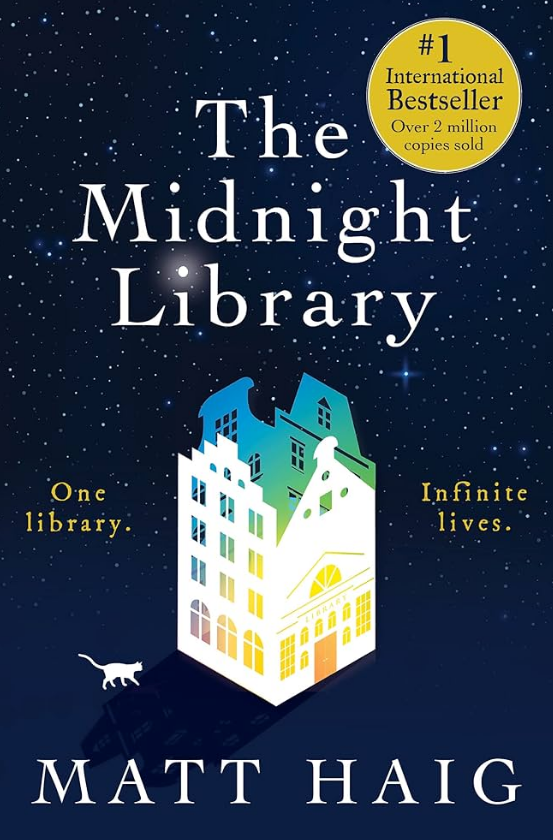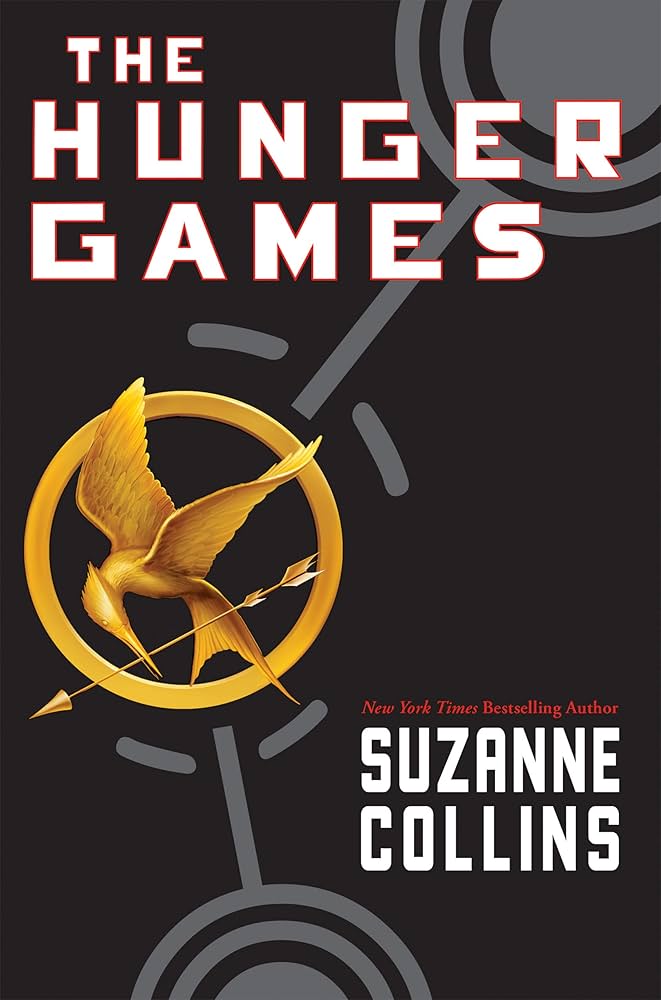
“Does such a thing as ‘the fatal flaw’… exist outside of literature?” wonders Richard Papen, the main character of Donna Tartt’s breakout novel, The Secret History. These are the first few lines of chapter one, acting as an almost prophetic premonition of what is to become. He goes on, saying “I used to think that it didn’t. Now I think it does. And I think that mine is this: a morbid longing for the picturesque at all costs.”
The Secret History paints obsession, specifically about aesthetics, as dangerous. It highlights how if we forget all of life’s ethical and moral rules just to pursue a certain aesthetic, it can be extremely dangerous. For Richard, it starts small– applying to Hampden college for the campus aesthetic. But it soon spirals out of control, becoming an accomplice in multiple murders just to fit in with the other students in his class.
Now, of course, this is an exaggeration. A projection of what could be. But obsession is an undeniably human trait that we all possess. It’s been present throughout history, highlighting the dangers of becoming so obsessed with something that you lose all sense of self. I think that everyone has had experiences with obsession. Examples applicable to us as students could be perfectionism, going down an internet rabbit hole, or watching an entire television show in one day. After all, it’s human nature. That is why I believe that obsession is humans’ collective fatal flaw.
Immediately, thinking about the so-called “history” of obsession, the myth of Narcissus comes to mind. While obviously a myth about narcissism, it also highlights the dangers of becoming so fixated on something that you put aside all else. Or, for instance, there is the Tell-Tale Heart by Edgar Allan Poe. The narrator becomes so obsessed with his neighbor’s eyes that to relieve his suffering he must kill him. Of course, then he becomes fixated on the dead “beating” heart hidden below the floorboards, so much so that he turns himself in. But these stories seem far off– like tall tales or legends told us to scare us. But obsession is still ever present in literature today. Thinking about Celeste Ng’s book Everything I Never Told You, we are faced with an obsession that feels a little bit more real to us as students. The book highlights the immense pressure put on Lydia Lee by her parents. Her parent’s fixation drives Lydia to extremes, eventually leading to her death from drowning in a lake. In the book, Lydia was never taken for who she was. She was only seen as what she could become, a mere projection of her parent’s wishes.
This idea of obsession is also explored in Patric Gagne’s memoir, Sociopath, in somewhat of a different light. She explains that due to her sociopathy– her lack of empathy and connection with others– she started to steal cars, break into vacant houses, and swipe things. She explains on this journey of learning about herself, that these actions were as a result of wanting to feel something related to empathy and connection. The body’s natural obsession with fitting in drove her to a point where the only thing that would solve this “pressure” (as she called it) was to act out.
Now, due to the fact that obsession is human nature, when does it get to a point where it is dangerous? Obsession, I believe, becomes dangerous when you lose that sense of self– when you give into this absolute sense of need brought on by it. As a student, obsession is ever so present in my life. It can range from small things from listening to a song on repeat to continually rewriting or reworking something until it appears perfect. Even with this article– I laid in bed all night when I thought of it, thinking about how I should start it or what I should talk about. But it is through this that I realized why this concept of obsession is so common in literature and in our lives. Obsession is what can cause us to become the worst version of ourselves.
But of course, like anything, obsession is not all bad. It is extremely clear that fixation can be a driving force in our lives, the reason that we keep going when everything seems dark. After all, obsession can spark learning, improvement, and reflection. While it may be our fatal flaw, we as humans could not survive with the natural instinct of obsession. Through obsession we have evolved and innovated. These stories like The Secret History and The Tell-Tale Heart only show what can happen if we take ourselves and our obsessions too seriously.
Don’t let this article deter you from indulging in the things you love. That is not my message– and it would be extremely hypocritical for me to say so. But what I do know is this– obsession is only healthy as long as you are still true to yourself and your own beliefs.









